Feng Shui is an ancient Chinese philosophy that aims to balance the energy flow or “chi” in a given space to bring about positive energy and harmony. It has been practiced for thousands of years and is still popular today, especially in interior design and home decor. In this article, we will provide you with some tips on how to create good Feng Shui in your home.
1. Clear Clutter
One of the essential principles of Feng Shui is to keep your living space free from clutter. This means getting rid of items that you no longer need, use or love. Clutter blocks the flow of energy and creates a stagnant environment, which can affect your mood, productivity and overall well-being. Decluttering also helps you to identify the things that are most important to you and makes it easier to keep your space organized.
2. Use Colors Wisely
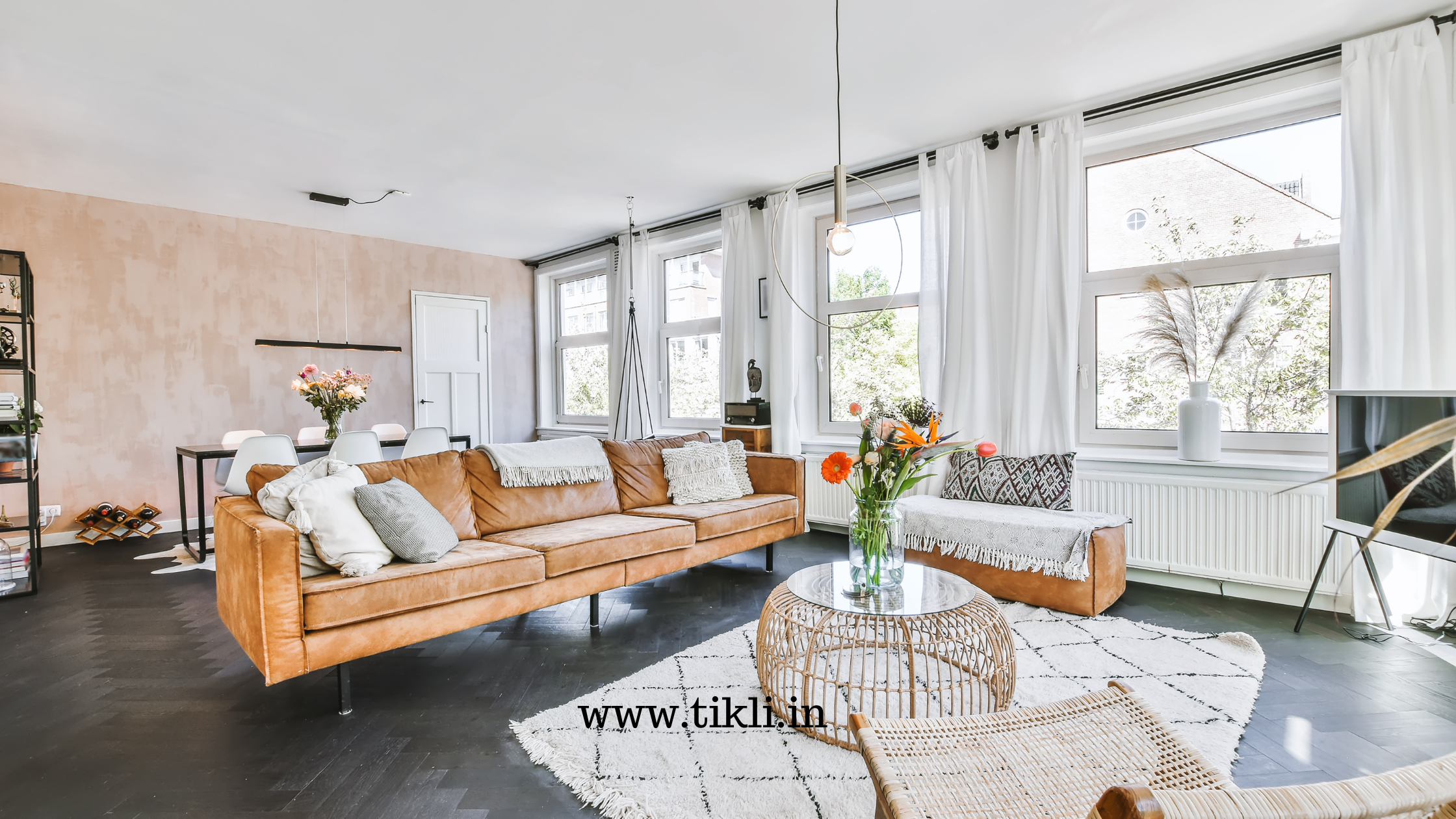
Colors have a significant impact on our emotions and can influence our mood, energy levels, and productivity. In Feng Shui, each color is associated with a specific element and can affect the energy flow in a room. For example, blue represents water and is associated with tranquility and calmness, while red represents fire and is associated with passion and energy. Use colors that promote the desired energy in the room, and avoid using too much of one color, as this can create an imbalance.
3. Position Furniture Appropriately
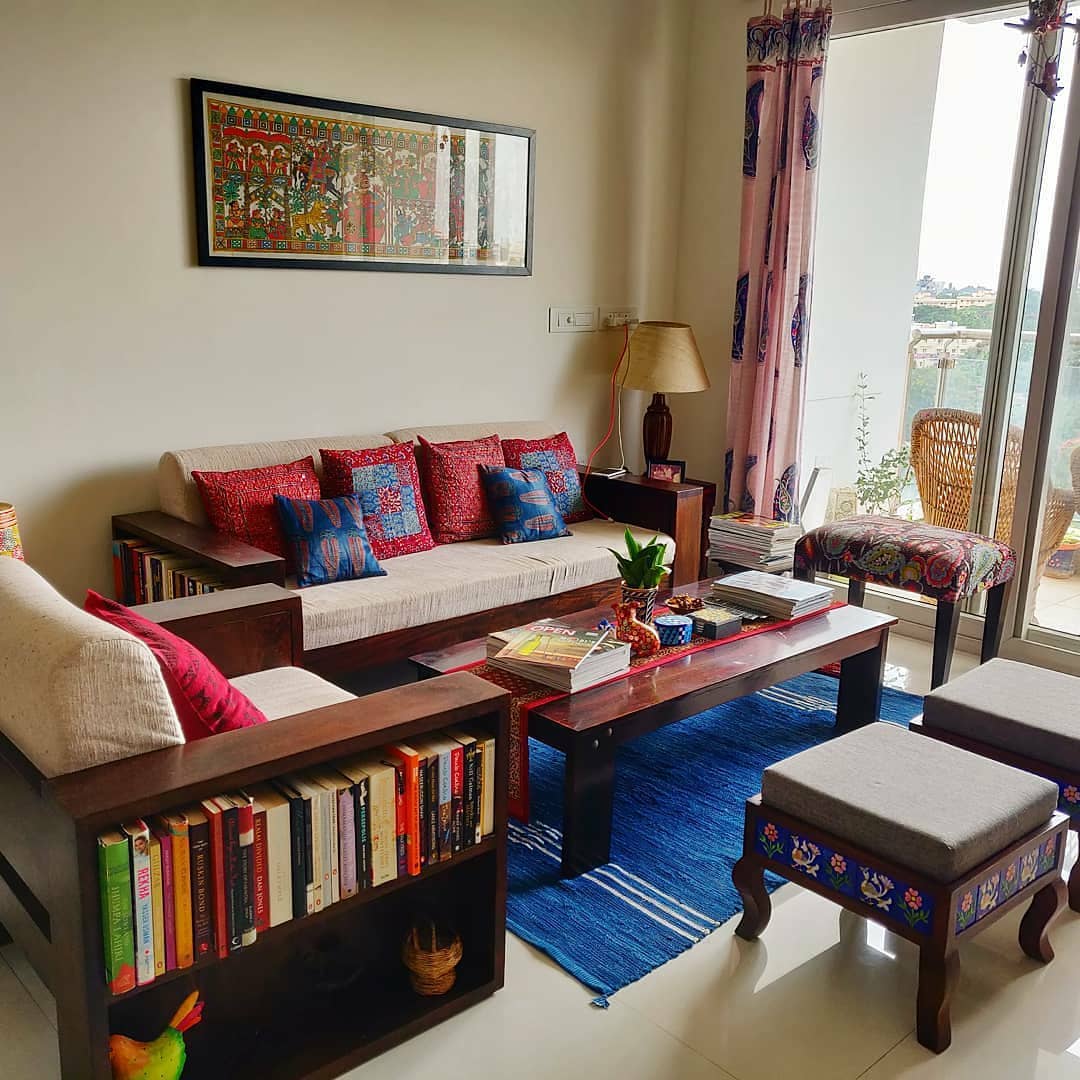
The placement of furniture in a room can affect the flow of energy and determine how comfortable and inviting the space feels. In general, furniture should be arranged in a way that allows for easy movement and conversation. Avoid placing furniture in a way that blocks pathways or restricts the flow of energy. Additionally, avoid placing furniture directly in front of windows or doors, as this can disrupt the flow of energy.
4. Incorporate Natural Elements
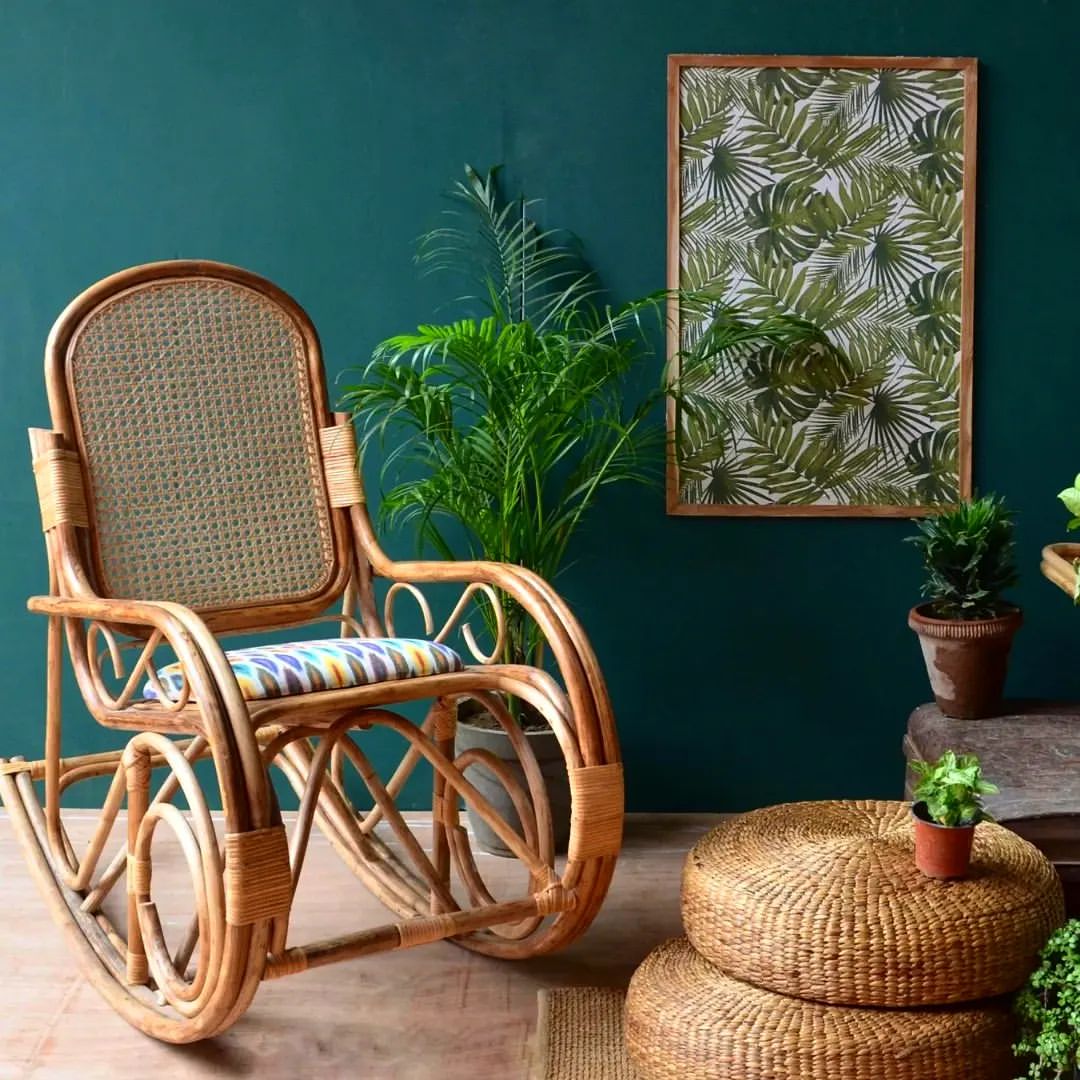
In Feng Shui, the five natural elements (wood, fire, earth, metal, and water) play a significant role in creating a harmonious environment. These elements can be incorporated into the design of a room through the use of colors, textures, and materials. For example, wood represents growth and vitality and can be incorporated through the use of plants or wooden furniture. Water represents tranquility and can be incorporated through the use of fountains or aquariums.
5. Use Lighting Effectively

Lighting is an essential element in creating a comfortable and inviting space. In Feng Shui, lighting should be used to create a balanced and harmonious atmosphere. Avoid using harsh, overhead lighting, as this can create a harsh and unwelcoming environment. Instead, use soft, diffused lighting, such as table lamps or wall sconces, to create a warm and welcoming atmosphere.
6. Create Balance
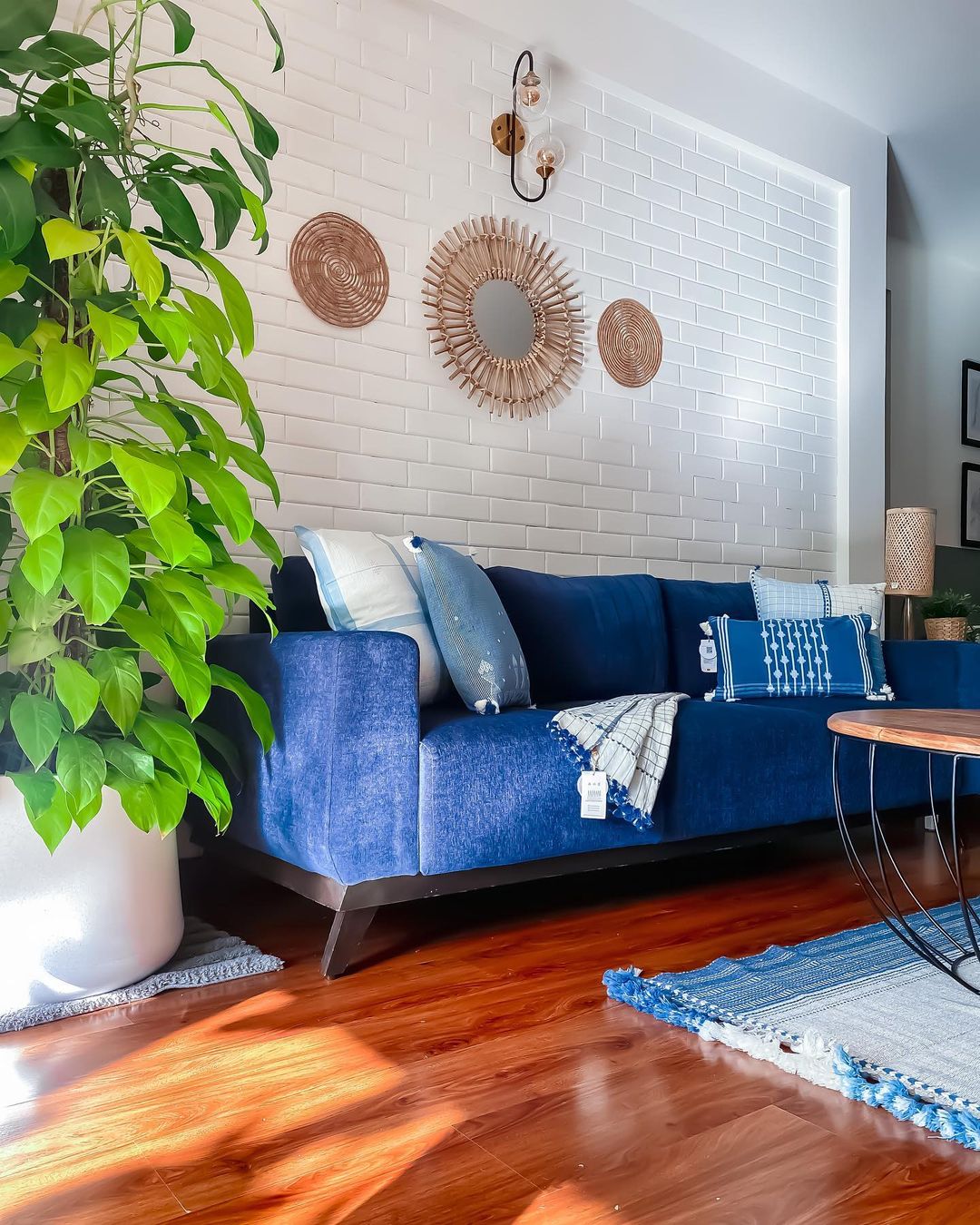
Balance is crucial in Feng Shui, as it helps to create a sense of harmony and flow in a room. This can be achieved through the use of symmetry, such as matching pairs of objects or furniture, or through the use of different textures and colors that complement each other. A room that is well-balanced will feel comfortable and inviting and will promote a sense of well-being.
7. Pay Attention to Your Front Entrance
The front entrance of your home is one of the most critical areas in Feng Shui, as it is where energy enters and exits the space. It is essential to keep the entrance area clean and clutter-free and to ensure that it is well-lit and welcoming. Use plants or flowers to create a natural and inviting environment, and avoid placing mirrors directly facing the front door, as this can deflect energy.
8. Keep Your Space Clean and Tidy
Keeping your living space clean and tidy is essential in Feng Shui, as it promotes a sense of calm and balance. Dust and dirt can create a stagnant and negative environment, while a clean and
tidy space can create a positive and energizing atmosphere. Make cleaning a regular part of your routine and avoid letting things pile up. Additionally, consider using natural cleaning products, such as vinegar or lemon, as they are less harsh on the environment and create a more natural and healthier environment.
9. Use Art and Decor Wisely
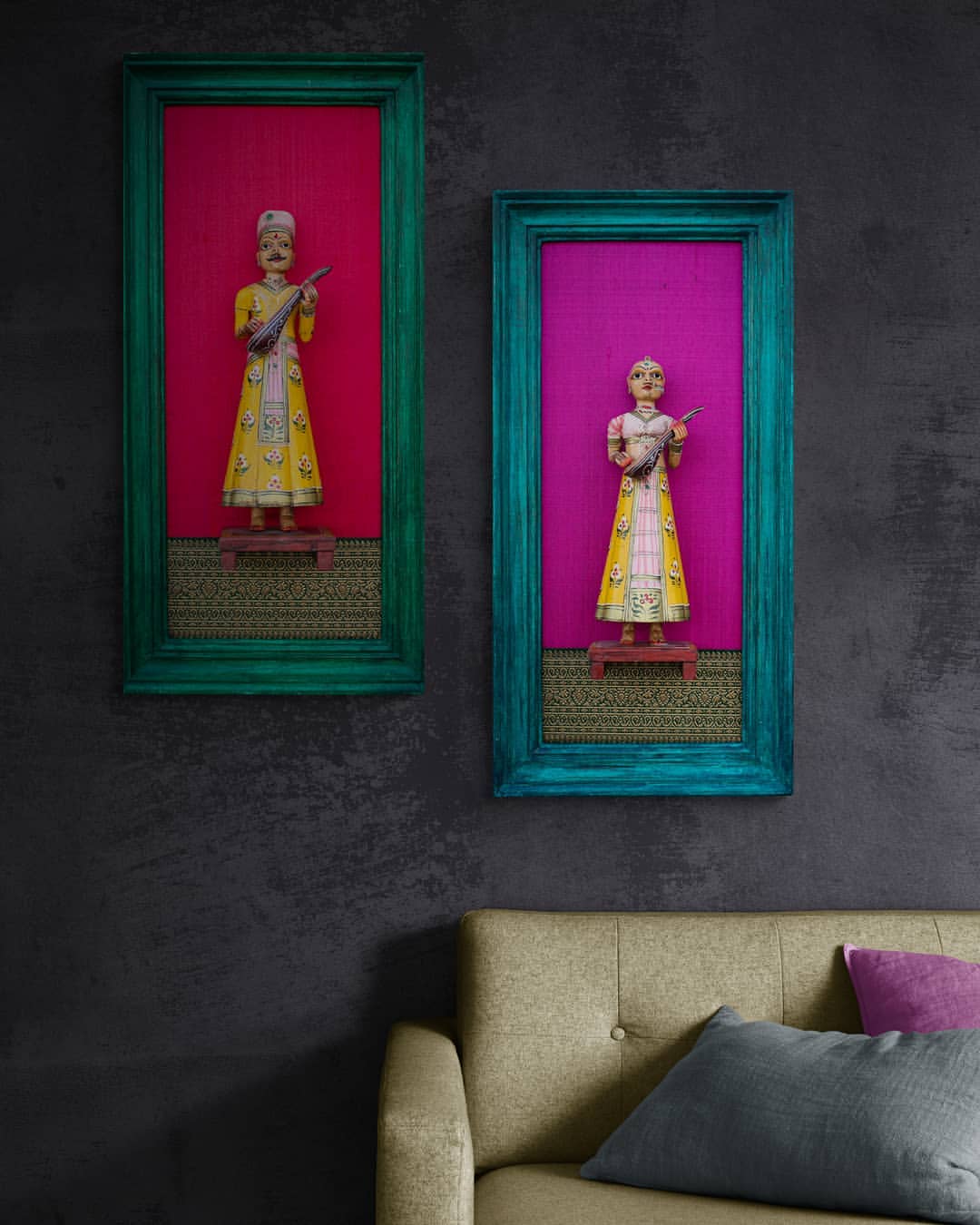
Art and decor can add character and personality to a room, but they can also affect the energy flow. When selecting art and decor, choose items that promote a positive and calming environment. Avoid using images of violence or aggression, as this can create negative energy. Additionally, be mindful of the placement of art and decor, as it can affect the energy flow. For example, a mirror placed in the wrong location can create a negative reflection.
10. Incorporate Scent
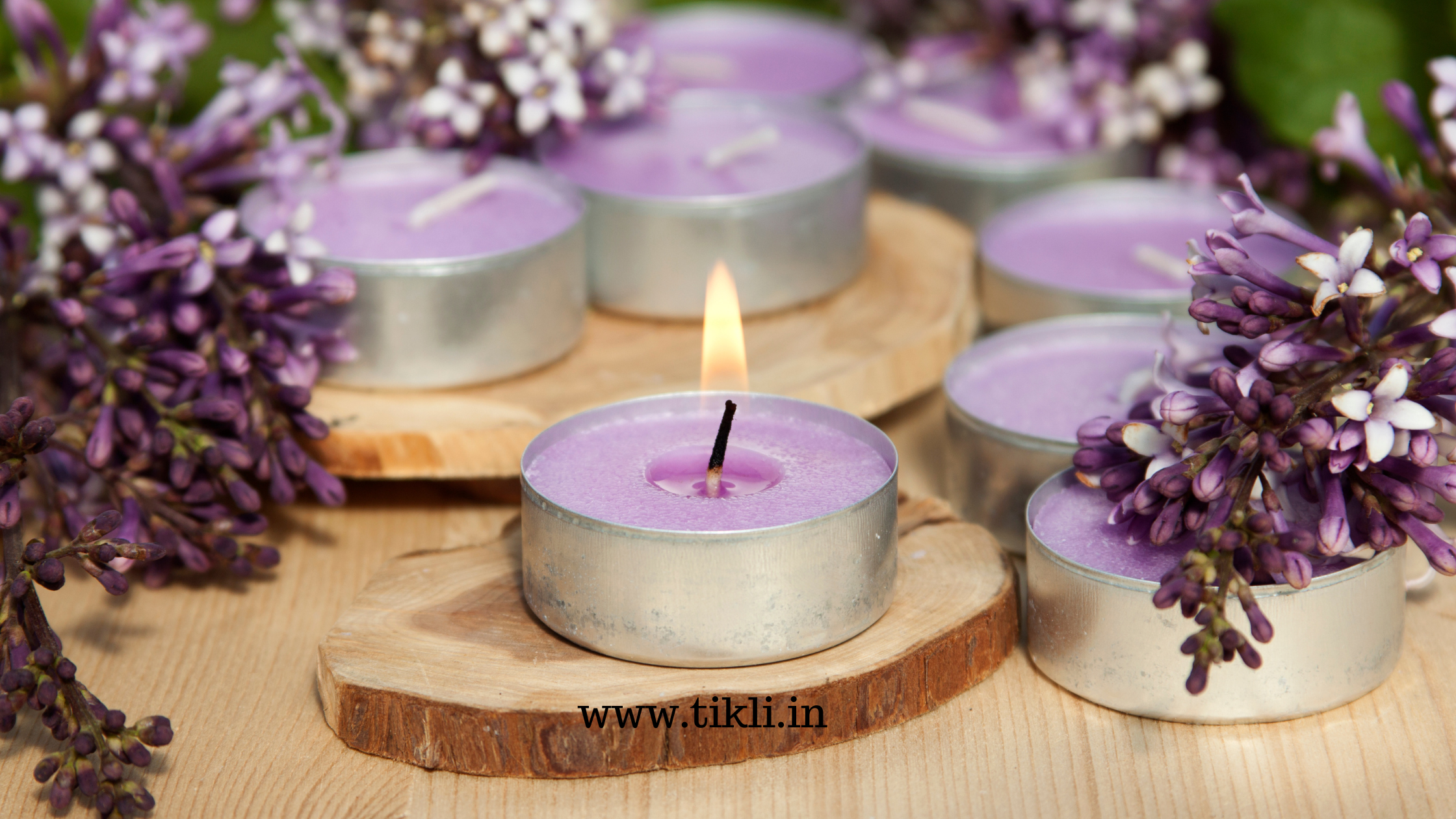
Scent plays a significant role in Feng Shui, as it can affect our mood and emotions. Use natural scents, such as essential oils or candles, to create a calming and relaxing environment. Scents like lavender, rosemary, and eucalyptus can promote relaxation, while citrus scents can be energizing. Be mindful of any allergies or sensitivities when using scents.
11. Pay Attention to the Bedroom
The bedroom is a significant area in Feng Shui, as it is where we spend a significant amount of time. To promote a restful and peaceful atmosphere, consider using soft and soothing colors, such as light blues or greens. Additionally, ensure that the bed is positioned in a command position, which means that you can see the door from the bed without being in direct line with it. This promotes a sense of safety and security while sleeping.
12. Create a Home Altar
A home altar is a designated area where you can display items that promote positivity and spiritual well-being. It can be as simple or elaborate as you like, and can include items such as candles, crystals, incense, and pictures of loved ones. This space can serve as a daily reminder to focus on positivity and gratitude.
13. Incorporate Water Features
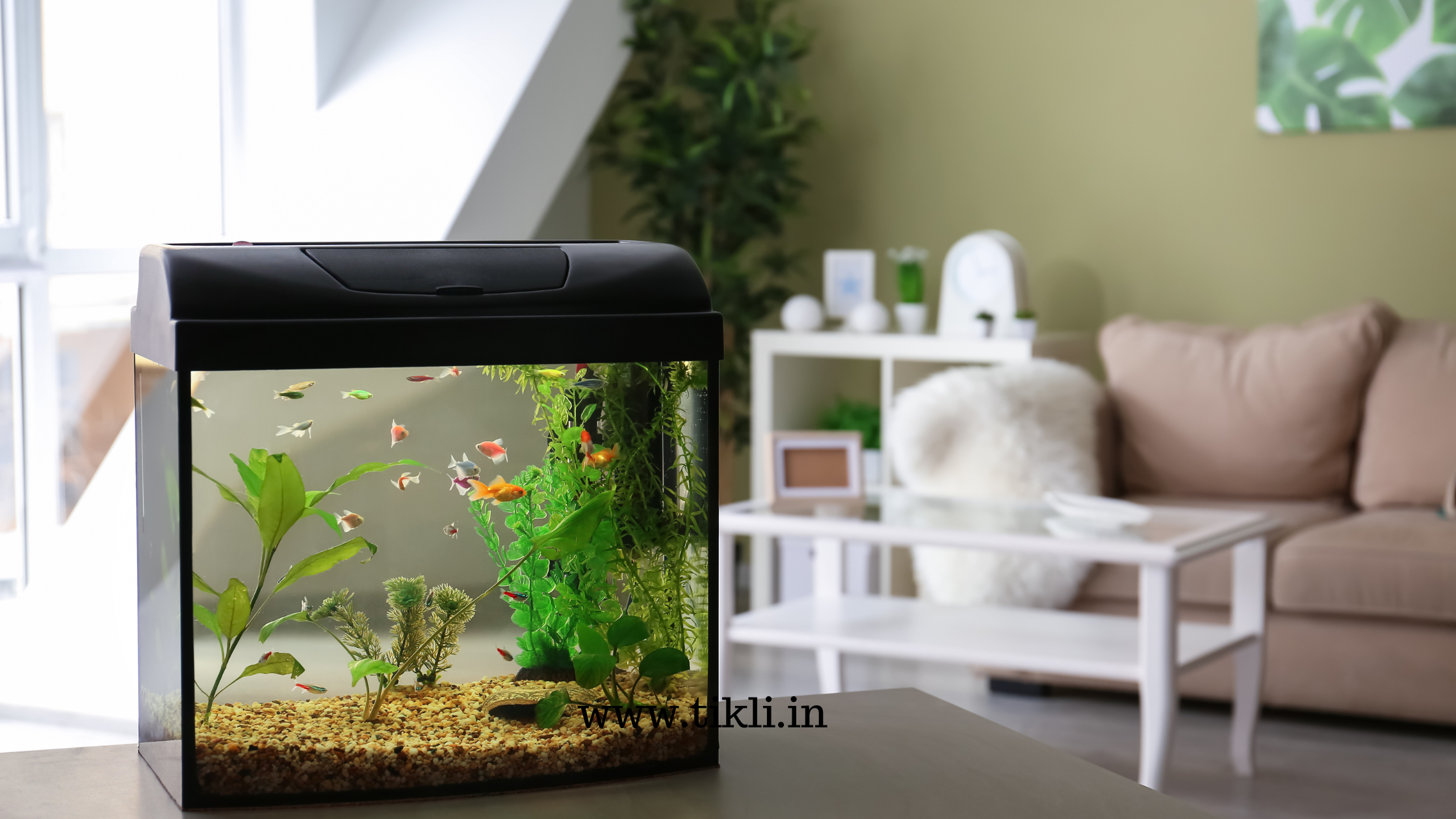
Water features, such as fountains or aquariums, are an excellent way to promote positive energy and balance in a space. The sound of running water can create a calming and soothing atmosphere, while the movement of water promotes positive energy flow.
14. Pay Attention to Your Intuition
Ultimately, good Feng Shui is about promoting a sense of harmony and positivity in your home. While there are many guidelines and principles to follow, it is also essential to trust your intuition and create a space that feels comfortable and inviting to you. Pay attention to how your space makes you feel and make adjustments as needed.
15. Use Feng Shui Tools
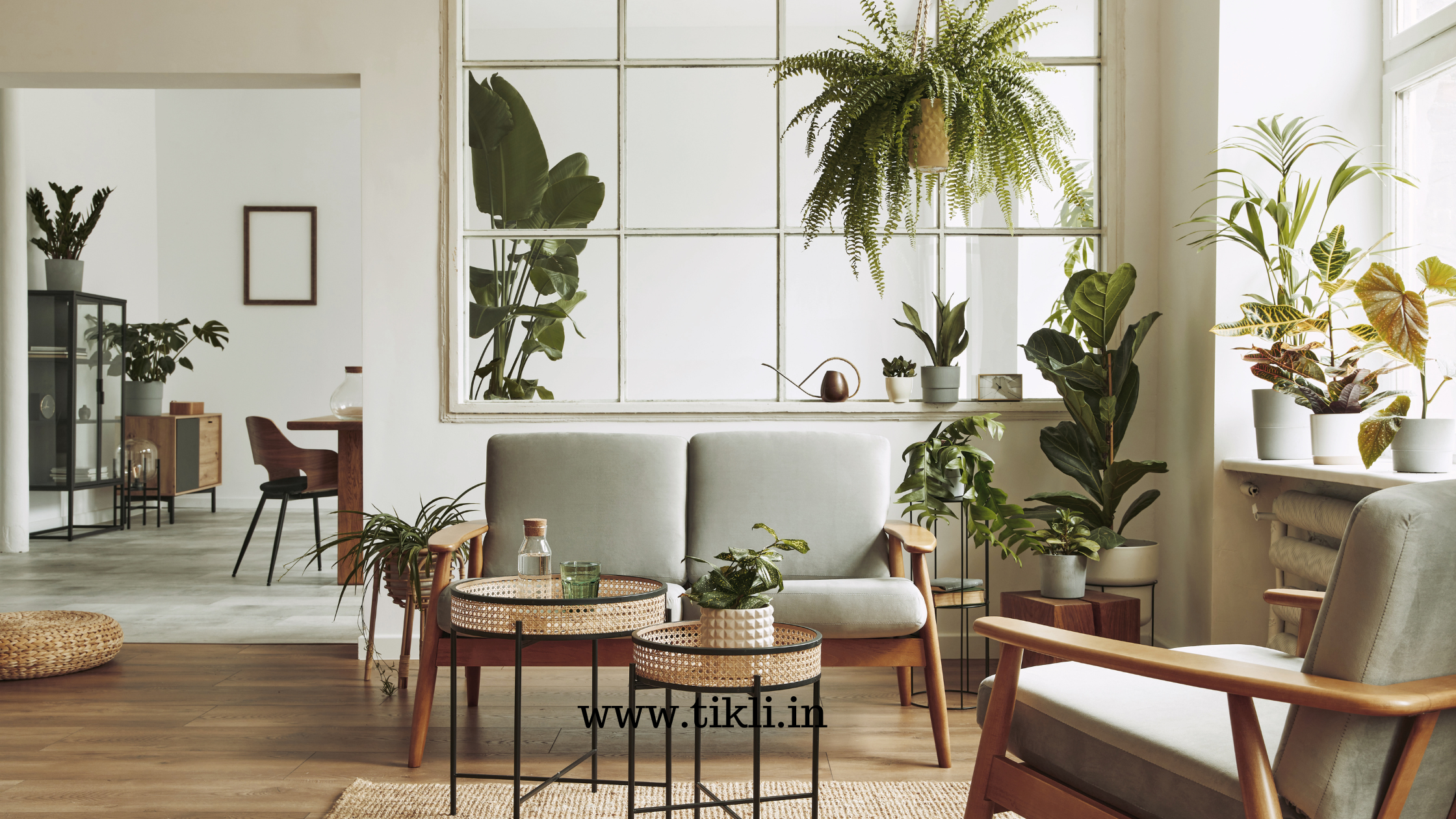
There are several Feng Shui tools that can be used to enhance the energy flow in a space. These include:
- Bagua Map: This map is used to determine the energy flow in a space and can be used to identify areas that need improvement.
- Crystals: Crystals can be used to absorb negative energy and promote positive energy flow.
- Wind Chimes: Wind chimes can be used to promote positive energy and create a calming environment.
- Plants: Plants are an excellent way to incorporate natural elements into a room and promote positive energy.
- Mirrors: Mirrors can be used to reflect positive energy and enhance the flow of energy in a space.
In conclusion, creating good Feng Shui in your home is about promoting positive energy flow and creating a harmonious environment. By using colors, furniture placement, natural elements, lighting, balance, and Feng Shui tools, you can create a comfortable and inviting space that promotes well-being and positivity. Remember to keep your space clean and tidy, use art and décor wisely, incorporate scent, and pay attention to your front entrance. With these tips, you can create a space that is not only beautiful but also promotes a sense of calm and harmony.









